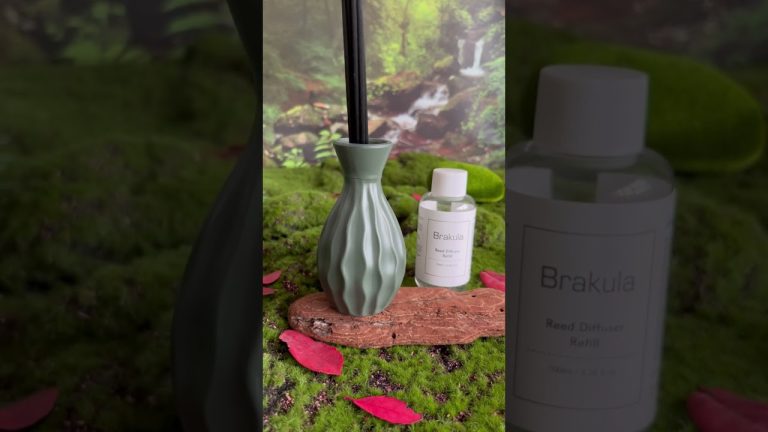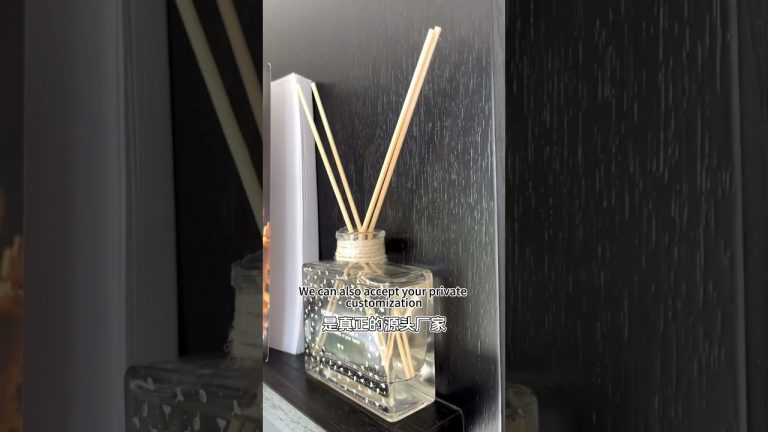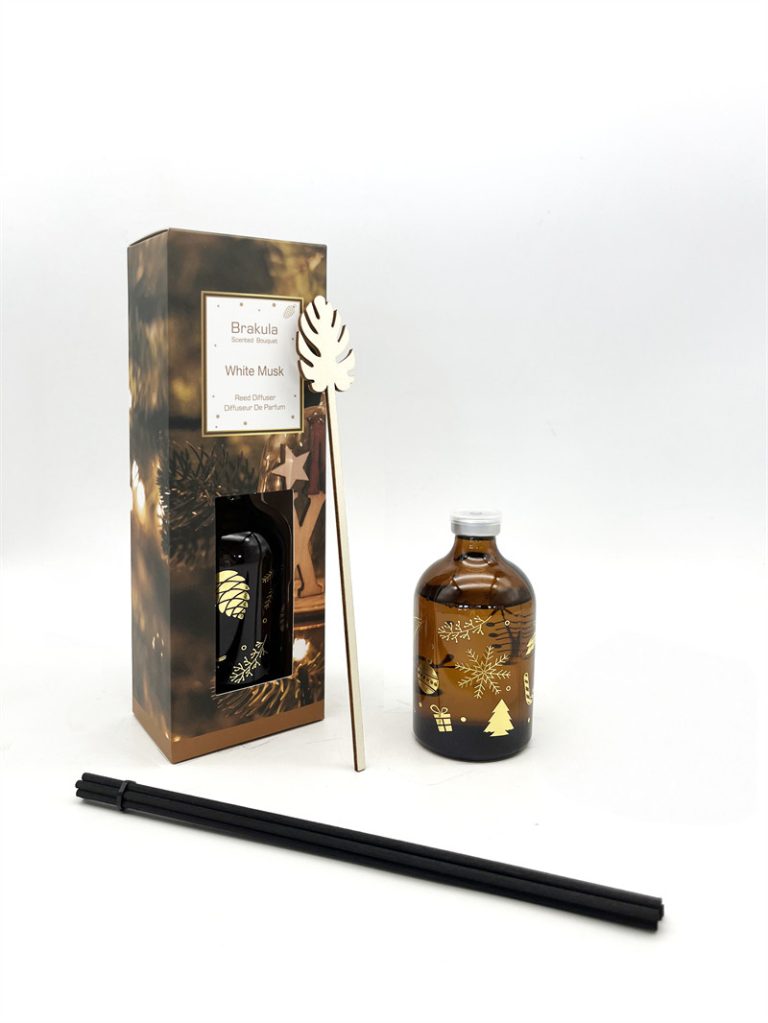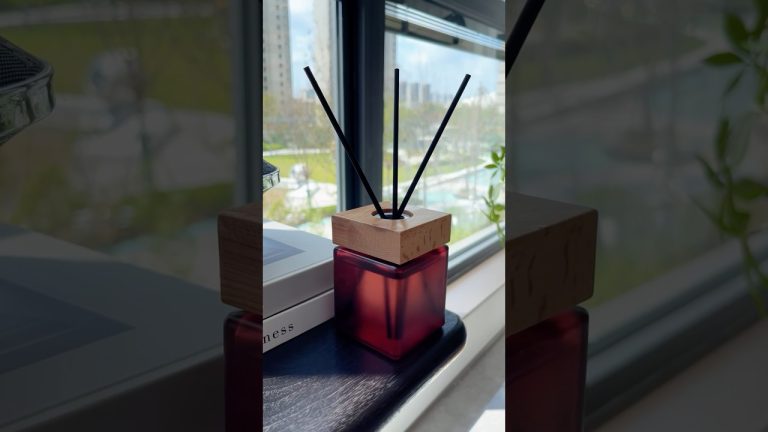Potential Risks of Cats Ingesting Peppermint Oil
Peppermint oil is a popular essential oil known for its refreshing scent and various health benefits for humans. However, when it comes to our furry feline friends, it’s important to exercise caution when using peppermint oil around them. Cats have a unique physiology that can make them more sensitive to certain substances, including essential oils like peppermint oil. If your cat has accidentally ingested or come into contact with peppermint oil, you may be wondering if it poses any risks to their health.
Peppermint oil contains compounds such as menthol and pulegone, which can be toxic to cats in large quantities. When ingested, these compounds can cause a range of symptoms, including vomiting, diarrhea, lethargy, and even more serious issues such as liver damage or respiratory distress. If your cat has ingested peppermint oil, it’s important to monitor them closely for any signs of distress and contact your veterinarian immediately.
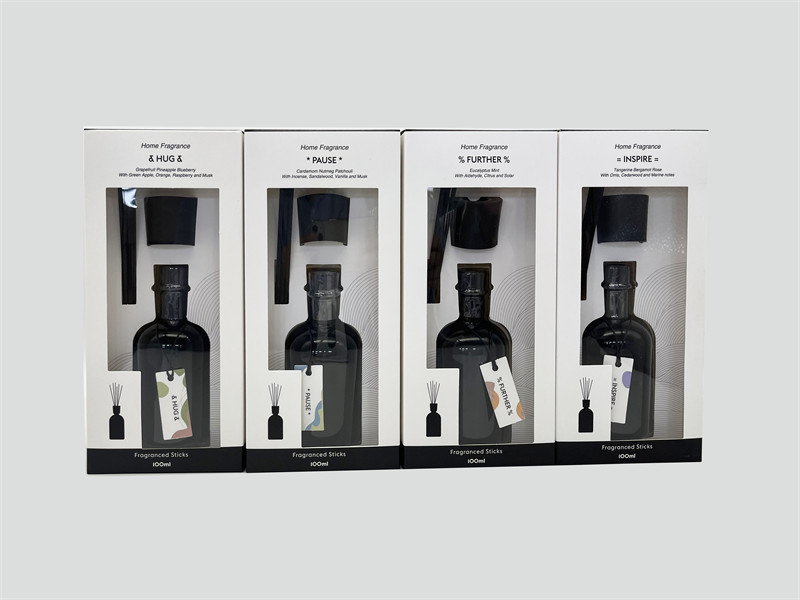
Even if your cat has only come into contact with peppermint oil topically, such as through skin contact or inhalation, it can still pose a risk to their health. Cats have a highly developed sense of smell, and the strong scent of peppermint oil can be overwhelming for them. Inhaling peppermint oil can irritate their respiratory system and cause symptoms such as coughing, sneezing, or difficulty breathing. Additionally, if your cat licks the oil off their fur, they may still ingest a small amount of the oil, which can lead to potential toxicity.
If your cat has come into contact with peppermint oil, it’s important to take immediate action to minimize any potential risks. Start by removing your cat from the area where the oil was present and ventilating the space to help dissipate the scent. If your cat has ingested the oil, do not induce vomiting unless instructed to do so by your veterinarian. Instead, contact your veterinarian or a pet poison control hotline for guidance on how to proceed.
In some cases, your veterinarian may recommend monitoring your cat at home for any signs of toxicity or may advise bringing them in for a check-up. Depending on the severity of the situation, your cat may require supportive care such as intravenous fluids or medication to help alleviate their symptoms. It’s important to follow your veterinarian’s recommendations closely to ensure the best possible outcome for your cat.
| Products | Reed Oil Diffuser |
| Material | Ceramic |
| Suitable for | Office |
| Scents | Lemon & Verbena, Lavender & Rosemary |
| Capacity | Customized |
| Color | Orange |
| Origin | China Wholesaler |
| Duration | 40-60days |
Prevention is key when it comes to keeping your cat safe from potential risks associated with essential oils like peppermint oil. Store all essential oils securely out of reach of your pets, and be cautious when using them around your home. Consider using alternative methods for freshening your space, such as pet-safe air fresheners or natural herbs like catnip.
hotel fragrance
https://reedaromalab.com/tag/room-sprays-best-china-wholesalerIn conclusion, while peppermint oil can offer many benefits for humans, it’s important to be mindful of the potential risks it can pose to our feline companions. If your cat has come into contact with peppermint oil, it’s crucial to act quickly and seek guidance from your veterinarian to ensure their safety and well-being. By taking proactive measures to prevent exposure to essential oils, you can help keep your cat healthy and happy for years to come.

